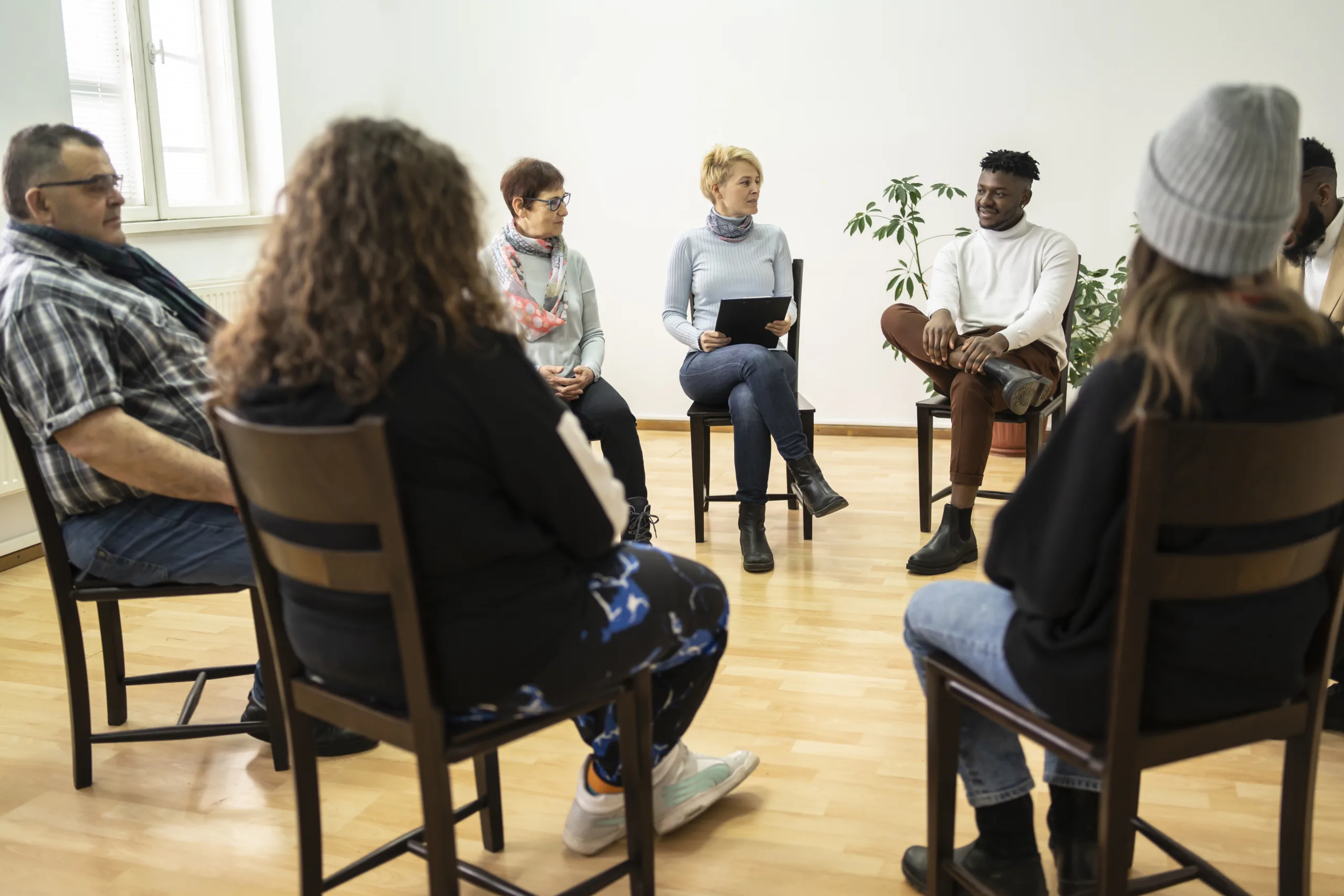24/7 Helpline:
(866) 899-111424/7 Helpline:
(866) 899-1114
Learn more about Couples Rehab centers in Saint Bernard County

Other Insurance Options

Oxford

Kaiser Permanente

Self-pay options

Optum

Access to Recovery (ATR) Voucher

UMR

GEHA

Cigna

Magellan

Health Net

Choice Care Network

Magellan Health

Meritain

Absolute Total Care

CareSource

CareFirst

AllWell

Highmark

State Farm

Multiplan

ACER
ACER provides individualized client care in a healthy, non-judgmental environment welcoming individu...

























































































